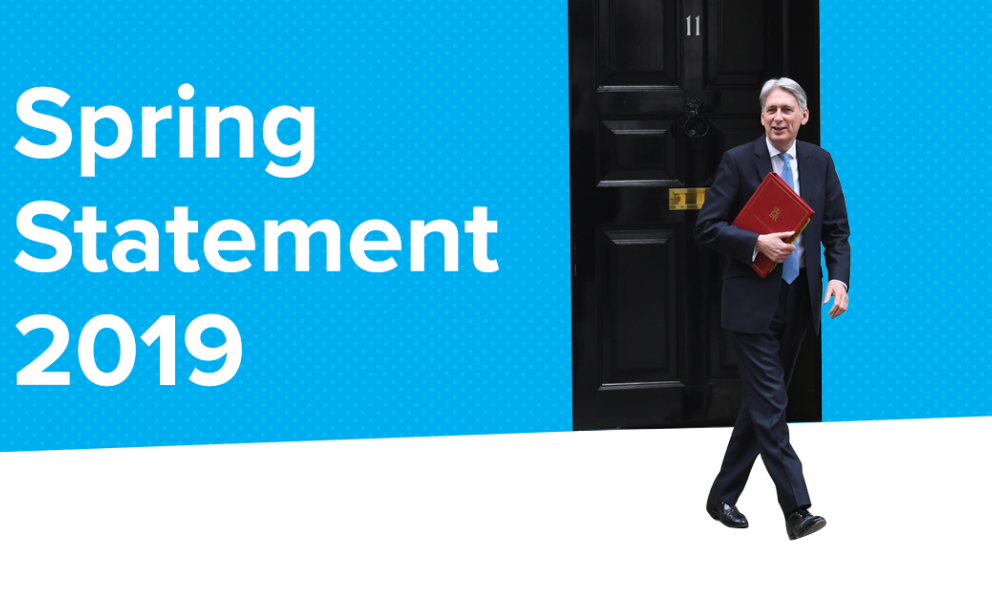Today's Spring Statement shows a resilient economy which is creating jobs and delivering the fastest rate of wage growth in over a decade.
The deficit this year is £3 billion lower than last forecast and debt is lower in every year – with lower taxes on families and more being invested in our public services.
Labour opposed all the decisions we took to get the economy back on track – if we’d listened to Labour there would be fewer jobs and higher taxes on working families.
Unemployment went up by nearly half a million when they were in power, and they now want one thousand billion pounds of extra borrowing and taxes, which would send debt spiralling and take us back to square one. Just like last time, working people would pay the price.
This Spring Statement sets out our plan for a bright future for Britain – creating a digital economy people can have confidence in, redoubling our commitment to skills and world-class infrastructure, staying at the cutting edge of clean growth and tackling the big challenges like knife crime and period poverty in secondary schools.
The key stats you need to know:
The OBR has published its outlook for the economy and public finances. It shows a growing and resilient economy and a thriving jobs market with wages on the rise – a solid foundation on which to build Britain’s economic future.
1. Wages will rise faster than previously expected. The OBR have revised up wage growth in every year to 2023, with wages growing faster than prices in each year and reaching a record high rate of 3.3 per cent growth in 2023.
2. Employment will continue to rise. The OBR expect to see 600,000 more jobs by 2023, meaning since 2010, there will be 4.1 million more people in work by 2023.
3. The economy will grow in every year. The OBR expect the economy to grow at 1.2 per cent this year, faster than Germany, accelerating to 1.4 per cent in 2020 and to 1.6 per cent in each year up to 2023.
4. The deficit has been revised down in each of the next five years. The deficit will be £3 billion lower than expected this year, down to 1.1 per cent of GDP from almost 10 per cent under Labour.
5. National debt has also been revised down in every year. Debt has been revised down in every year and is set to fall as a share of GDP in every year, from 82.2 per cent next year to 73 per cent in 2023-24. Its first sustained fall in a generation.




